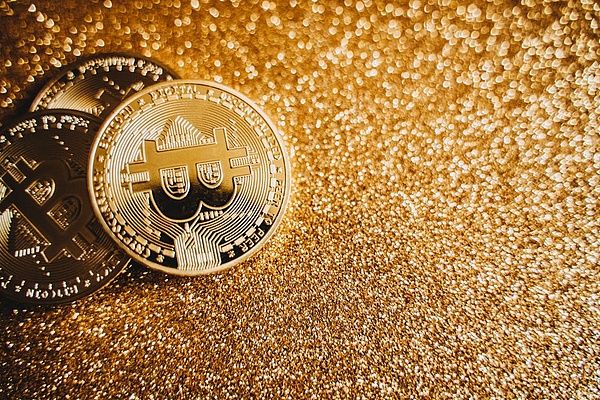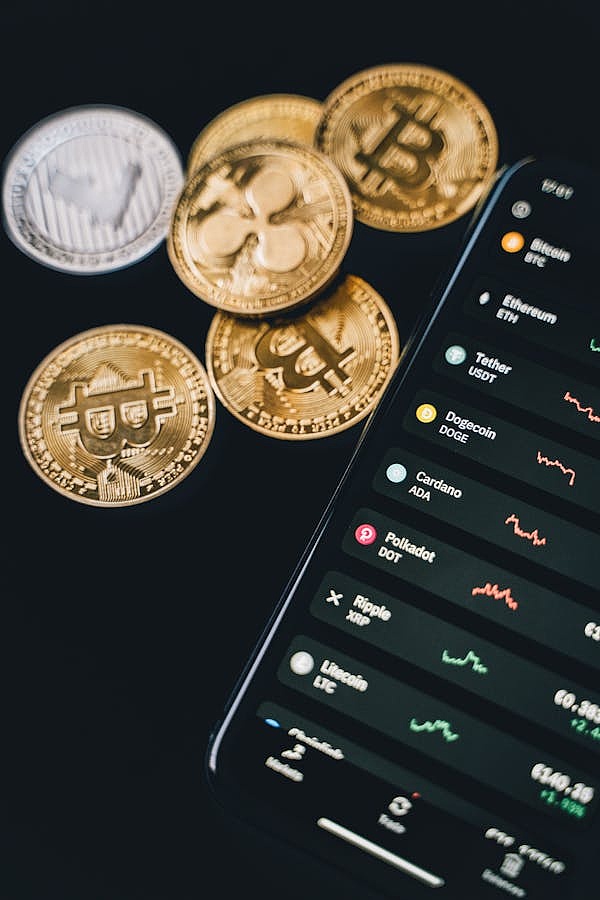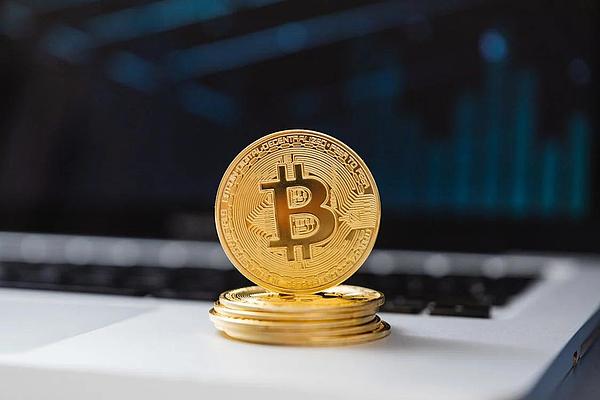Author: Lawyer Liu Zhengyao
Today I saw a few WeChat groups transferring a national Proposal by deputies to the National People's Congress - to include virtual currencies in Article 144 of the Criminal Procedure Law. The revised statement reads: "The People's Procuratorate and public security organs may, according to the needs of investigating crimes, inquire and freeze the deposits and deposits of criminal suspects in accordance with regulations. Remittances, bonds, stocks, fund shares, virtual currencies and other assets. Relevant units and individuals should cooperate."
Related Compared with before the modification, the content of "virtual currency" has been added. Looking at this juxtaposition alone, it seems that virtual currency and legal currency (deposits) are treated on the same footing. However, under the existing virtual currency regulatory policies in mainland China, Lawyer Liu’s first reaction was: How is this possible! ?
After carefully studying the specific report of the National People’s Congress representative’s proposal on the Legal Network, Liu Lu roughly understood the background of the representative’s proposal:The virtual currency involved in the case Judicial disposition issues.

Friends who are familiar with Liu Lu should know that I have done a lot of research on this before and written several articles. Under regulatory policies represented by documents such as the "9.24 Notice" ("Notice on Further Preventing and Dealing with Speculation Risks in Virtual Currency Transactions") from ten ministries and commissions, all domesticvirtual currencies and The exchange business of legal currencyis an illegal financial activity, which of course also includes the exchange activities of virtual currency and legal currency by public security agencies or so-called virtual currency disposal companies - even if this disposal is for Promote the handling of criminal cases.
Therefore, when the public security organs are currently investigating criminal cases, once a virtual currency case is involved, the virtual currency involved is either used as a criminal tool or as illegal proceeds. , the public security organs will always entrust third-party disposal companies to realize the virtual currency involved in the case, so as to avoid directly violating the provisions of the "9.24 Notice"; of course, third-party disposal companies will not just do it on their own, and they will often Then an overseas disposal company is entrusted to dispose of the virtual currency involved in the case. After being liquidated overseas, the funds are returned to the country through legal or even illegal channels, and then transferred to the special financial account of the public security agency as assets involved in the criminal case.

Compared with traditional criminal cases, the property involved in the case usually waits until the court stage and is auctioned by the court enforcement bureau; in criminal cases involving virtual currency, based on the particularity of virtual currency, the current Judicial practice is that the liquidation operation is usually carried out during the investigation stage, and then the assets after the virtual currency is liquidated are transferred to the court for disposal. The reasons for this will not be repeated in this article. Interested friends can read these few article (see Liu Lu gzh for details). There are at least the following problems with the disposal of property during the public security investigation stage:
First, there is insufficient basis for laws and regulations. Although the regulations of the public security organs allow for the advance disposal of some special property involved in the case, for example, Article 21 of the "Several Provisions on the Management of Property Involved by the Public Security Organ (2015 Revision)" stipulates: "Market prices fluctuate greatly Bonds, stocks, fund shares and other property, as well as bills of exchange, promissory notes, checks, etc. that are about to expire, can be sold in accordance with the law with the written consent or application of the obligee and approval by the principal person in charge of the public security organ at or above the county level. , auction, and the proceeds are deposited into the unit's only compliance account." Although virtual currency meets the factor of large market price fluctuations, after all, virtual currency is not property such as "bonds, stocks, and fund shares", let alone remittances, etc. certificate. According to the country’s regulatory policies, virtual currencies can be called “virtual commodities” at most, and our country does not recognize the legal status of virtual currency exchanges (open virtual currency exchanges in China, or overseas virtual currency exchanges provide services to China) Services are all illegal financial activities), so logically or legally, the virtual currency involved cannot be liquidated.
Second, there are no appropriate institutional arrangements for coercive measures such as checking, freezing, and deducting the virtual currencies involved. Due to its particularity, virtual currencies stored in wallets can only be opened through private keys, while virtual currencies stored in exchanges often require the cooperation of overseas exchanges before they can be frozen. The current common practice of public security is to place criminal suspects under residential surveillance at designated residences, and through diligent legal education and painstaking teachings by investigators, the criminal suspects will "repent" and voluntarily submit their private keys and cooperate in transferring virtual currencies to investigators. Controlled wallet. Will this involve torture to extract a confession? Liu Lu has not encountered this in his own case so far. However, we have seen on the Internet that in some cases, family members or lawyers of the parties have spoken out, saying that the suspect was tortured to extract a confession during his stay. . Let’s assume a possibility. If the criminal suspect refuses to disclose the private key (password) of the virtual currency wallet involved, no matter what measures are taken, what should we do at this time?
Third, the current virtual currency realization model involved in the case is easily unsupervised, leading to the transfer of benefits. Liu Lu will not elaborate on this point (the article is easy to be blocked). He will only mention one point. A certain public security leader in Yancheng, Jiangsu, and a certain virtual currency judicial disposal company in Zhejiang were investigated because of the presence of public security agencies in the judicial disposal of virtual currencies involved. and deal with the issue of illegal transfer of benefits between companies.
Fourth, there is a lack of authoritative opinions on the actual value of the virtual currencies being disposed. Materials such as forensic identification and judicial audit opinions are one of the basic forms of criminal evidence, but they are rarely seen in cases involving virtual currencies. So why is a Bitcoin involved in a criminal case priced at 490,000 yuan instead of 500,000 yuan? (If it is a crime of fraud, this will involve whether the defendant will be sentenced to more than 10 years or less than 10 years in the future. It can be said to be a matter of life and death.) Why is it based on the average trading price of the Binance exchange for a certain period of time, and not Ouyi? (Ouyixin OS: Am I bad?) Or why not based on the average transaction price of the top ten exchanges in the world?
These are just four questions Liu Lu mentioned casually. In reality, as a criminal defense lawyer, you will often find more problems when reviewing papers and defending. The above-mentioned problems constitute the current dilemma in the judicial handling of virtual currency cases.

So, can including virtual currencies in the Criminal Procedure Law solve the problems mentioned above or not? Liu Lu's point of view is: It has a certain effect, but it is difficult to completely solve it. Especially when regulators generally have a negative attitude towards virtual currencies, the idea of legalizing virtual currencies is pure wishful thinking.
Only when the public and regulators accept the existence of virtual currency in the future, will it have the opportunity to enter laws and regulations (whether it is positive (such as being legal as a citizen)) Virtual assets), or negative roles (such as criminal assets)). But now, in the eyes of regulators, it is enough for several ministries and commissions to hold a meeting and issue a "Notice" and "Minutes" to be worthy of the status of a virtual currency. Just like it is only suitable for the "Second Volume and Second Volume of the Twelve Hairpins of Jinling" seen by Baoyu in "A Dream of Red Mansions" when he traveled to the Taixu Realm. It is absolutely impossible to enter the "main volume", at least not at the moment. of.
This hatred lasts forever.
 Joy
Joy










